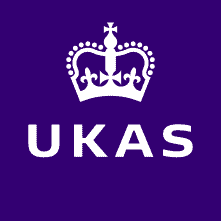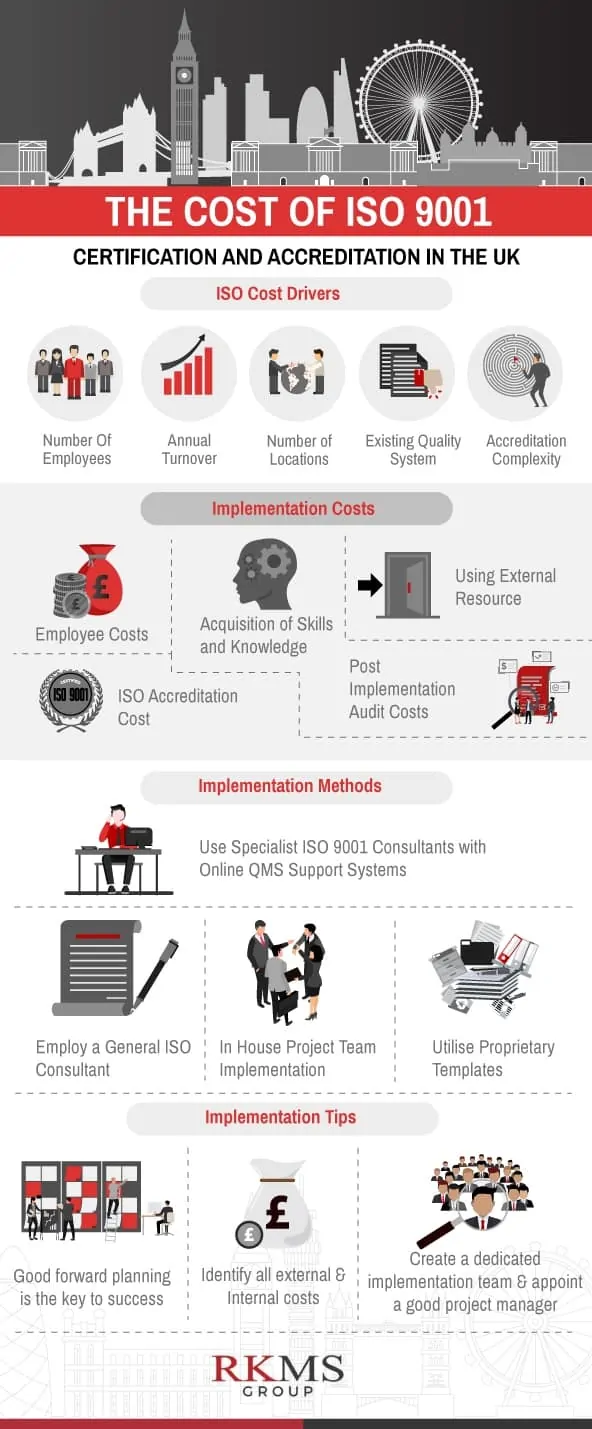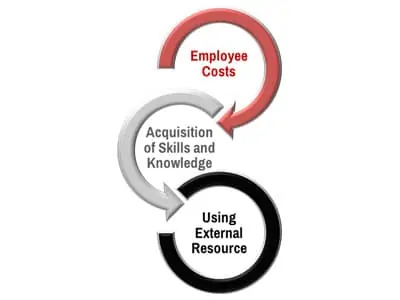What is ISO 27001?
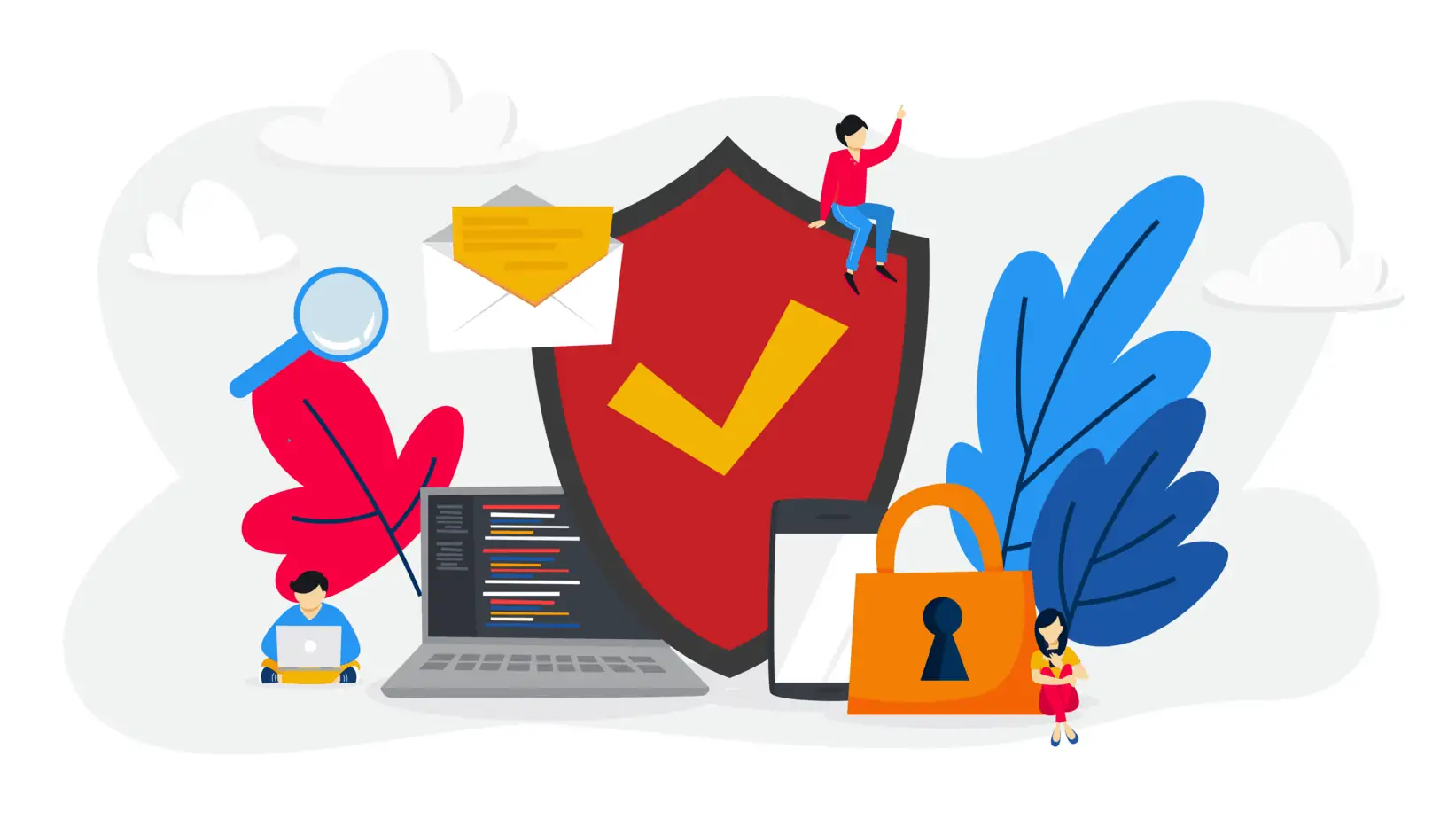
ISO or IEC 27001 is a well-known and widely used Information Security Management System (ISMS). Companies using them can rest assured that all of their business-critical information is kept secure, free from misuse or poaching if they adhere to the standards of the various products in the ISO 27001 family.
Origins/History of ISO 27001
ISO or IEC 27001 was first developed by the International Organisation for Standardisation (ISO), in collaboration with the International Electrotechnical Commission (IEC), in 2005. The standards were subsequently updated in 2013 and again in 2022.
The current version of the ISMS is ISO 27001:2022. The standard adopts a process through which a user can establish, implement, operate, maintain, monitor and consistently improve it’s information security management system.
Who is ISO 27001 Meant for?
The ISO 27001:2022 standard is currently the internationally recognised “best practices” framework for ISMS. The standard complies with the General Data Protection Regulations (GDPR) and the standards set under the US Data Protection Act of 2018.
ISO/IEC 27001 can be used by any organisation that produces and needs to manage information assets, especially when they share data or information with outside bodies.
For example, government bodies, nor for profit organisations and commercial enterprises can all use ISO 27001 standards for creating, using and maintaining their Information Security Management Systems.
Any organisation that needs to protect its key data, including but not limited to intellectual property, financial data, employee details or information that it handles on the basis of third parties can benefit from following the ISO 27001 standard.
In terms of industry, sectors that handle confidential client information, especially large volumes of it, are particularly prone to threats from breaches. From this viewpoint, two types of organisations can use ISO 27001 to great advantage:
- Companies that regularly handle confidential information and need to protect it on behalf of their clients, users and partners – such as banks and other financial institutions, healthcare organisations, Information Technology vendors and public sector enterprises.
- Other organisations make a living out of archiving and working with other companies’ data, so ISO 27001 is also critical for their business success. Examples would include IT outsourcing organisations or data centres.
Basis of Evaluation
ISO 27001:2022 is evaluated on a CIA (Confidentiality, Integrity and Availability) basis. This presents a three hundred and sixty degrees view on ISMS, beyond just preserving and protecting confidential information.
Integration involves measures that prevent data from being wrongfully manipulated, while Availability refers to creating a system that will ensure that your data is never rendered inaccessible.
Why Would You Need It?
While there are more than a dozen standards in the ISO 27000 family, the ISO/IEC 27001 stands out from an ISMS standpoint. Companies have confidential data that could either be critical to their own business, or that falls under confidentiality agreements that they have executed with third party partners.
In the modern day and age, cybersecurity is key to continuity and success. The ISO 27001 standards ensure peace of mind in that regard.
ISO 27001:2022 certification is not only about the technical measures that get put into place to prevent cybercrimes or inadvertent data leaks. The system is designed in such a way that management processes and key business controls are set up in a customised fashion – so that each company can protect itself from identified threats in a manner commensurate with the risk assessment while minimising business interruptions.
Benefits of ISO 27001
As mentioned above, protecting your company’s mission critical data is critical for both short and long term business success. It also ensures that other organisations will be willing to collaborate with you, since they know you will be able to preserve and protect their confidential data. Getting certified in ISO 27001 will lead to these general rewards as well as many specific benefits, including but not limited to:
- Keeping critical and confidential information fully secure.
- Creating a framework for critical exchange of information with outside organisations.
- Helping the company comply with essential regulations such as Sarbanes-Oxley.
- Ability to easily comply with ISO audits with regard to ISMS.
- Ability to incorporate Six Sigma style efforts in the field of ISMS.
- Assisting in the minimisation and management or risk exposure.
- Producing an aura of security in the marketplace, thus providing confidence to key stakeholders and customers about how you protect confidential information, as well as your approach to risk management in general.
- Elevate your business standing through a consistent delivery of your product or service, which then enhances customer satisfaction, helps build a reputation and aids customer retention.
Overall, companies that use ISO 27001 standards have a demonstrable culture of security. Not only is every critical piece of data protected, but a crucial message is shared with every director, shareholder and key stakeholder – you are serious about protecting the company and its assets.
How Can Companies Get Certified?
In every jurisdiction, there are accredited agents that can take companies through the process whereby they get ISO 27001:2022 certified. While it’s possible to get certified through other means, the impact and branding is not the same.
For example, in the UK, the ISO 27001:2022 certification is most valuable when the certification has been obtained via a United Kingdom Accreditation Service (UKAS) accredited certification organisation that can conduct an independent audit on the path to setting up their systems and obtaining the certificates. Checkout our blog on UKAS vs Non-UKAS Certification to learn more.
Similar organisations exist elsewhere in the world.
The Final Word
To get certified in ISO 27001:2022 is often a gold standard for a corporation which handles critical and confidential data, both its own and on behalf of partners, clients and key stakeholders. In the modern age, with hackers everywhere and social media and connectivity being enablers of mischief if confidential data goes awry, it is almost inconceivable for a successful company to not get certified.
Once the ISMS standards are set, the company and it’s key stakeholders can all enjoy peace in terms of knowing that they will not be subject to a random act of data piracy – either due to a mistake or deliberate actions by a competitor or a hacker.
Do you want us to take care of your ISO 27001 journey?
At RKMS we have over 25 years worth of experience in assisting companies achieve ISO 27001 with a 100% success rate. All our consultants are IRCA lead auditors so we know exactly what the auditors want to see.
Share
Do you want us to take care of your fire compliance? H&S compliance? ISO certification? training? human resources?
At RKMS we are determined to make a business run as efficiently as possible. Will that next business be yours?
Related Resources
Do you want us to take care of your fire compliance? H&S compliance? ISO certification? training? human resources?
At RKMS we are determined to make a business run as efficiently as possible. Will that next business be yours?
John Keen
Do you want us to take care of your fire compliance? H&S compliance? ISO certification? training? human resources?
At RKMS we are determined to make a business run as efficiently as possible. Will that next business be yours?
